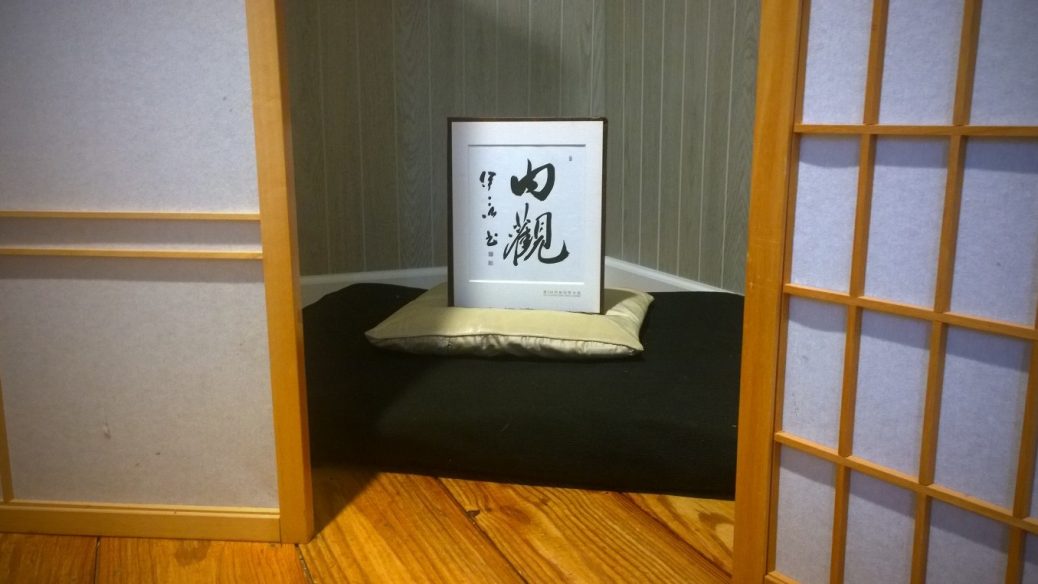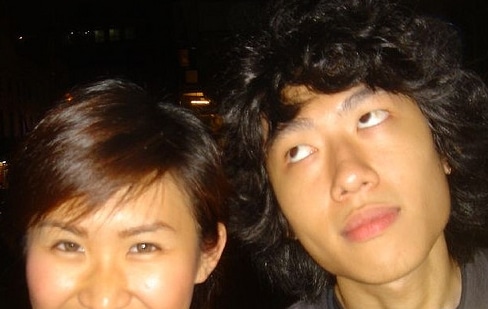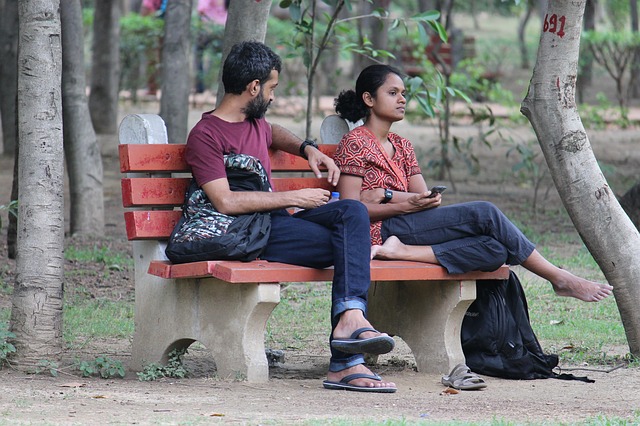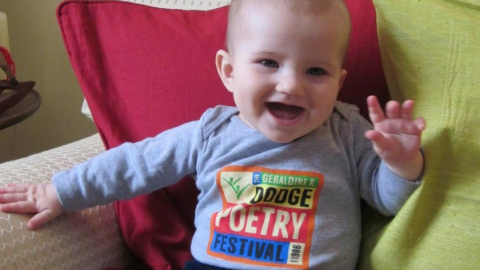We will be starting our 2025 Naikan Retreat this Saturday, Oct. 11th. We have been conducting these retreats for over 30 years. It is an honor to keep this practice alive.
If you were a fly on the wall (a dangerous profession) what would you see?
Each room has a twin bed and a hoza, which in Japanese means “truth space”. The hoza is created by traditional Japanese shoji screens, within which are zabutons (square cushions) and zafus (round cushions). Retreatants spend most of their time during the week in their hoza, reflecting on their lives and the significant relationships they’ve had, beginning with their mother.
Though there are some people who arrive at the retreat with nothing but love and admiration for their mother, that is not the norm. I once wrote an essay called, “How to Solve the Problem of Your Mother.” I, too, had a hard time getting along with my mother. I found her aggravating. She was constantly alternating between complaining and, well, . . . . complaining. By the time I left for college I just didn’t want to have much to do with her. Other people would say their mother was abusive, or an alcoholic, or unstable, or neglectful. We have so many labels for our moms.
Conventional therapy often encourages us to explore what it was like to have the mother we had, with an eye toward her limitations, shortcomings and mistakes. What needs were not met and what disappointments did we experience? Naikan comes from a different perspective, encouraging us to explore the care, support and love we received, imperfect though it was. And helping us to understand, as best we can, what it was like for our mother to have us as her child.
My Naikan Retreat changed my relationship with my mother. It solved my “mother problem”. The lens I saw her through was more complex and inclusive. I was able to appreciate her and express my gratitude to her. I was even able to see how challenging it must have been for her to be my mother. I stopped trying to “fix” her and just tried to love her. We loved each other imperfectly. And we were both perfectly okay with that.
Naikan reflection on your mother is structured around the following three questions:
- What did I receive from my mother?
- What did I give to my mother?
- What troubles and difficulties did I cause my mother?
There is a rhythm to the days in the retreat that helps them to unfold — 90 minutes of reflection, followed by an opportunity to share your reflections with a Naikan guide who visits your hoza. There’s a walk mid-morning, and a work period mid-afternoon. The days are long, the space is quiet, and distractions are few. Your only job is to pause, step back, and look honestly at what has transpired thus far in your life.
Here is a quote that is posted in the hallway upstairs:
“Sometimes I go about in pity for myself, and all the while a great wind is bearing me across the sky.” — Ojibwa saying
Tags: gratitude Relationships Self-reflection













